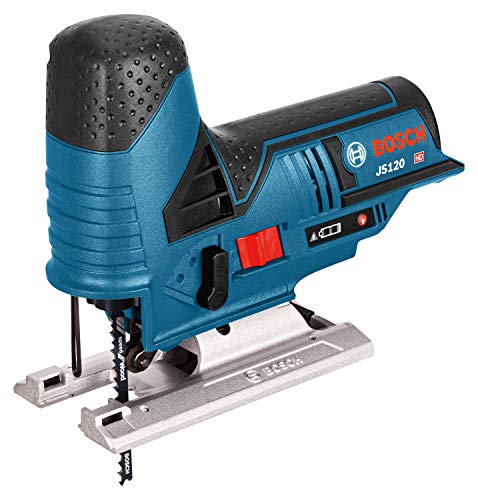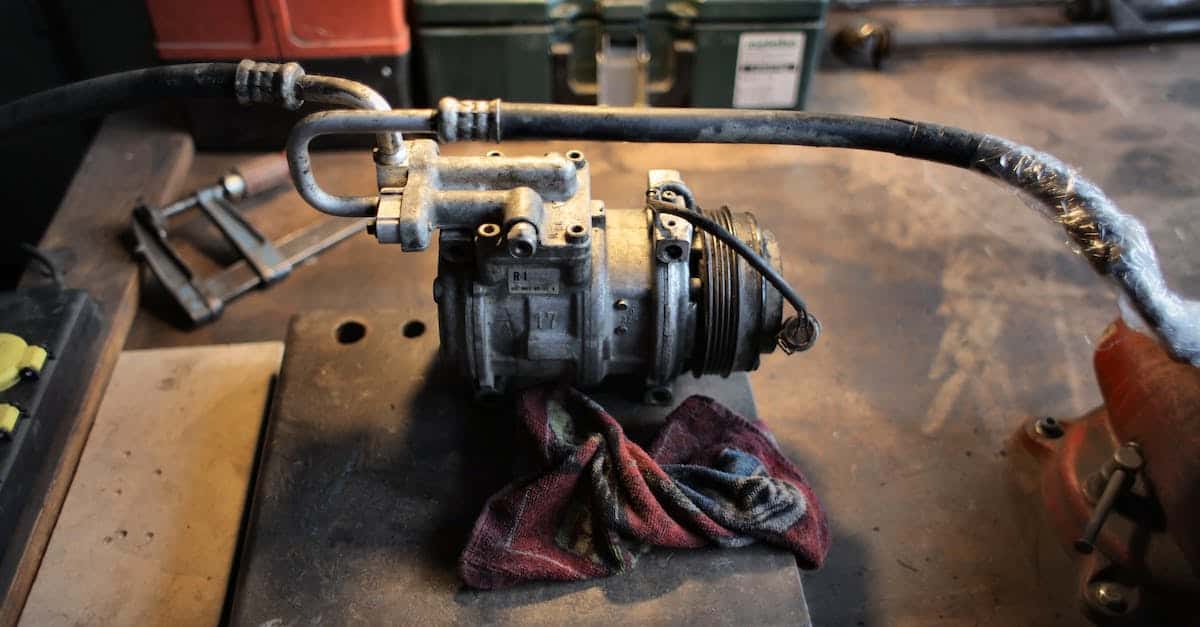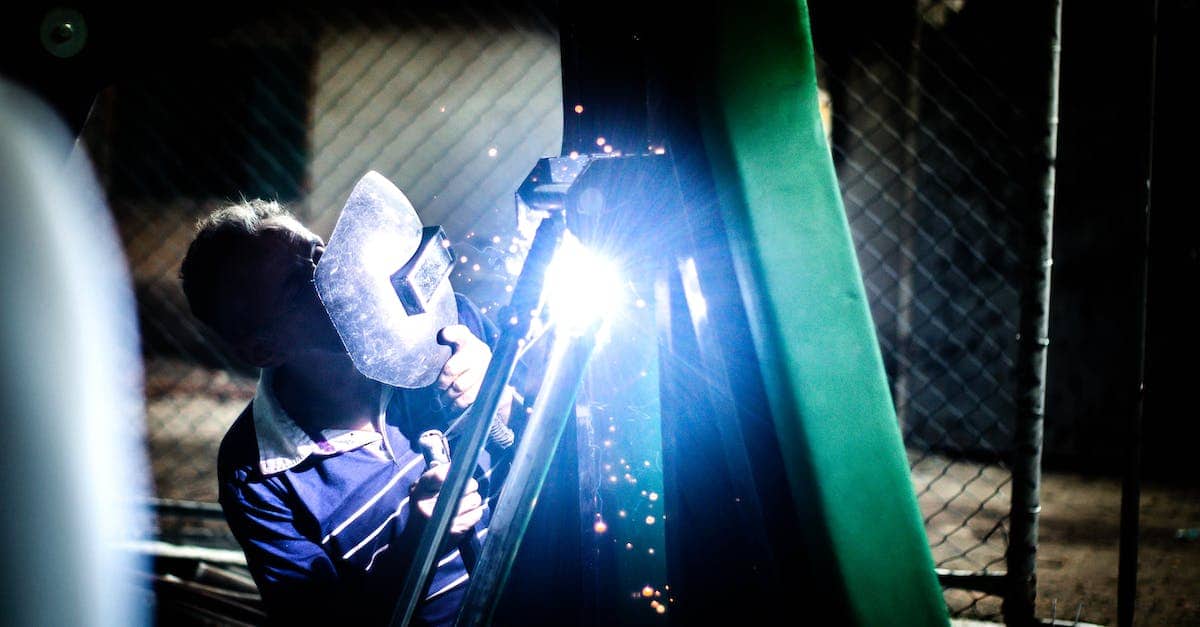When you’re in the market for power tools, you’re faced with a tough choice: Milwaukee or Bosch? Each brand has its die-hard fans and its unique strengths. You’re about to dive into the nitty-gritty of these two power tool titans, comparing their performance, durability, and innovation.
Performance Comparison: Milwaukee vs Bosch
When you’re getting down to the nitty-gritty of power tools, performance is where the rubber meets the road. You want tools that respond to your touch, blend with your skill, and turn your vision into reality with impeccable precision.
Let’s cut to the chase—Milwaukee and Bosch power tools boast impressive performance stats, but they do differ in the details. Milwaukee tools are often celebrated for their power and their ability to withstand demanding tasks. Whether you’re slicing through hardwoods or assembling a new rack for your shop, Milwaukee’s got the torque you need.

On the other hand, Bosch shines with its smooth operation and precision. The tools feel balanced in your hands, so if you’re crafting dovetail joints or adding delicate features to a piece, Bosch tools help maintain your finesse. They’re robust, yet they operate with a level of refinement that’s noticeable.
Power isn’t everything, though. Battery life matters too, especially when you’re in the midst of a project and the last thing you need is downtime. Milwaukee tools pack a punch with their M18™ REDLITHIUM™ battery system, designed to offer extended run time. Bosch isn’t far behind with its CORE18V batteries that power through tasks with similar stamina.
It’s also crucial to mention that when it comes to speed, Milwaukee provides options that can ramp up to impressive RPMs, good for both speed and control. After all, when you’re ripping through sheet goods or need to make quick, repetitive cuts, every moment counts.
Here’s a quick glance at some of the performance specs you might be interested in:
| Feature | Milwaukee | Bosch |
|---|---|---|
| Power | High torque for tough tasks | Precise and smooth operation |
| Battery Life | Long-lasting M18™ REDLITHIUM™ | Durable CORE18V system |
| Speed | High RPM for quick execution | Balanced for control and speed |
Ultimately, as you stand in your shop surrounded by fragments of sawdust, the right power tool in your hand feels like an extension of you. Milwaukee might give you the brute strength to power through, while Bosch offers a sleek precision that doesn’t falter under finesse. Choose the tool that best fits your project and style—there’s no one-size-fits-all answer here.
Durability Test: Which Brand Stands the Test of Time?
When it comes to durability, you want a tool that can not only tackle the toughest jobs but also last through years of use in your workshop. In the world of power tools, the names Milwaukee and Bosch resonate with quality, but when they go head-to-head, it’s interesting to see which one has the edge. You might be wondering, after extended use, will my drill’s chuck begin to wobble or will the battery lose its charge too quickly?
Milwaukee is known for its rugged construction. Their tools have a protective rubberized coating and often feature reinforced casings and metal gear housing. This kind of solid construction means that they’re built to withstand accidental drops and exposure to the elements. Think about it—when you’re deep into a project and your tool slips off the workbench, it’s reassuring to know it’s going to survive the fall.
On the other hand, Bosch has a reputation for engineering their tools to resist wear over time, with a keen attention to the internal components. The brushes, bearings, and motors in Bosch tools are designed for a long operational life, even under heavy load. This means fewer repairs and consistent performance, critical when you’re midway through crafting a delicate piece of joinery.
User testimonials also offer evidence of longevity, with many reporting that both brands manage to keep going strong after years of use. In an unofficial poll among woodworking forums, users were split on brand loyalty but united in appreciation for the devices’ endurance.
| Brand | Reported Durability Issues |
|---|---|
| Milwaukee | Fewer reported issues |
| Bosch | Slightly more issues |
While this table provides a general idea, remember that maintenance plays a huge role in the life of your power tools. Proper storage, regular cleaning, and appropriate usage go a long way in ensuring that your choice—be it Milwaukee or Bosch—remains by your side as the years roll by. So keep that in mind next time you’re smoothing out the edges on a hardwood tabletop or drilling through resilient materials.
Innovations in Power Tool Technology: Milwaukee’s vs Bosch’s Latest Developments
When you’re passionate about woodworking, home DIY projects, and creating masterpieces in your garage-turned-woodshop, keeping up with the latest in power tool technology is crucial. You understand that innovation can mean the difference between a good day at the bench and a breakthrough in your craft.
Milwaukee has always been a trailblazer, and their recent focus has been on integrating technology with raw power. The ground-breaking M18 FUEL collection is a prime example, offering high-efficiency brushless motors, advanced electronics, and unmatched battery technology.
Bosch, on the other hand, has honed in on precision and convenience. Their CORE18V batteries boast an impressive power-to-weight ratio, and their Bosch Flexiclick system demonstrates an unmatched commitment to versatility, transforming a single tool into a multi-functional marvel.
Key Advances from Milwaukee
- ONE-KEY™ digital platform for tool management and customization
- Expansion of REDLITHIUM™ battery packs for longer life
- Development of QUIK-LOK™ attachment system for easy accessory changes
Milwaukee’s recent innovations extend past the tools themselves and into your workflow management. ONE-KEY™ offers a new level of control, allowing you to customize your tool settings for specific tasks and materials.
Bosch’s Technological Strides
- Advanced EC brushless motors for longer runtime
- CoolPack technology in batteries to extend life and reduce wear
- Introduction of BITURBO tools, maximized for pro-grade performance
Bosch isn’t just about the finer details; it’s also about redefining efficiency. Their brushless motors help maintain your pace on long projects. The CoolPack technology keeps your batteries cool and safeguards their longevity, ensuring you’re always ready for the next cut or carve.
The latest from both Milwaukee and Bosch reflect a trend in the industry towards smarter, more adaptable tools. Whether it’s power and durability or precision and customization that you prioritize, these developments will no doubt push your craft forward, and keep your passion for woodworking as ignited as ever.
Price Comparison: Getting the Best Bang for Your Buck
When you’re investing in tools for your woodworking passion or DIY projects, you want to make sure you’re getting value for your money. This is where comparing the prices between Milwaukee and Bosch can make a difference. Let’s dive into what you might expect to shell out for these reputable brands.
Milwaukee’s pricing tends to be on the higher side. However, keep in mind you’re often paying for innovation, durability, and the impressive M18 FUEL technology. These tools are not just robust but are designed to be the backbone of your challenging projects, and the price reflects that.
Bosch tools, comparatively, offer a more moderate price range. It’s not that they’re compromising quality; rather, they’re making precision and convenience more accessible. The CORE18V system is their standout feature, granting longevity and power without the premium price footprint of Milwaukee’s latest offerings.
To give you a more tangible idea, here’s how the two brands compare on average for some commonly purchased tools:
| Tool | Milwaukee Average Price (USD) | Bosch Average Price (USD) |
|---|---|---|
| 18V Cordless Drill/Driver | 299 | 159 |
| 18V Cordless Circular Saw | 279 | 119 |
| 18V Cordless Impact Driver | 349 | 129 |
These numbers aren’t set in stone and sales or bundle deals can significantly reduce your out-of-pocket expense. So it’s always worth keeping an eye out for those special deals that can bring high-quality tools into your workshop without breaking the bank. Remember, the right time to buy can be just as important as the brand you choose.
As with any investment in your craft, consider not only the initial cost but also the value over time. While Bosch can be more budget-friendly, Milwaukee’s resilience and power could save you from having to replace or repair tools as frequently, which has a cost-saving factor of its own. Keep these points in mind as you weigh your options and remember, the tools you pick will be shaping beautiful projects for years to come.
User Reviews: What the Experts and Consumers Have to Say
When diving into the granular details of expert and consumer feedback, you’ll notice Milwaukee’s tools consistently earn high marks for their performance and robustness. Pros in the field often rave about how well Milwaukee tools stand up to the daily grind. From carpenters to electricians, the consensus is clear—their tools don’t falter even in the most demanding environments.
Bosch tools, on the other hand, get plenty of praise for their ergonomics and innovation. DIY enthusiasts love the user-friendly designs that make weekend projects a breeze. The Bosch lineup, particularly their drills and impact drivers, is frequently lauded for being lightweight and comfortable to use for extended periods.
Online platforms are bustling with user reviews—you’ve probably scrolled through dozens yourself. These real-world tests put the power tools through their paces, often concluding that while Milwaukee might have the edge in sheer power, Bosch brings a level of convenience and affordability that’s hard to overlook.
Let’s break down the sentiments:
- Durability: Milwaukee tools often outlast their competitors, according to many users.
- Battery Life: Both brands offer reliable battery platforms, but Milwaukee’s M12 and M18 systems are highlighted for battery longevity.
- Price to Performance: Bosch garners appreciation for striking a balance between cost and capability.
Given the variety of opinions, the clear takeaway is that the choice between Milwaukee and Bosch tools comes down to what you prioritize the most. If it’s heavy-duty, relentless power, Milwaukee seems to have the upper hand. But for those of you looking for a cost-effective tool that promises quality and ease of use, Bosch might just be your go-to brand.
Keep these reviews in mind as you weigh the options, remembering that they’re a general guide. Your specific needs and the types of projects you tackle will greatly influence which brand aligns best with your woodworking and DIY endeavors.
Conclusion: Making the Best Choice for Your Power Tool Needs
You’ve seen how Milwaukee shines with its robust performance and battery life, while Bosch stands out for its ergonomic design and innovative features. It’s clear that both brands have their strengths, and the right choice for you hinges on what you value most for your projects. Whether you prioritize endurance and power or comfort and cost-effectiveness, you’re now equipped to pick the power tools that’ll best suit your workbench and your work. Go ahead, make an informed decision and power up your toolkit with confidence!
Frequently Asked Questions
Which brand receives higher user ratings for performance, Milwaukee or Bosch?
Milwaukee tools generally receive higher user ratings for performance, especially noted for their robustness and durability.
What aspects of Bosch power tools are particularly praised by users?
Users often praise Bosch power tools for their ergonomic design and innovative features that enhance user experience.
Are Milwaukee tools known for their battery life?
Yes, Milwaukee tools are recognized for having long-lasting batteries which contribute to their overall durability.
Do users feel that Bosch tools offer good value for money?
Yes, users appreciate Bosch tools for offering a good balance between cost and capability, providing value for money.
How does one decide between choosing Milwaukee or Bosch power tools?
The decision between Milwaukee and Bosch power tools depends on individual needs and priorities, such as performance, ergonomics, battery life, cost, and the specific requirements of the project at hand.













